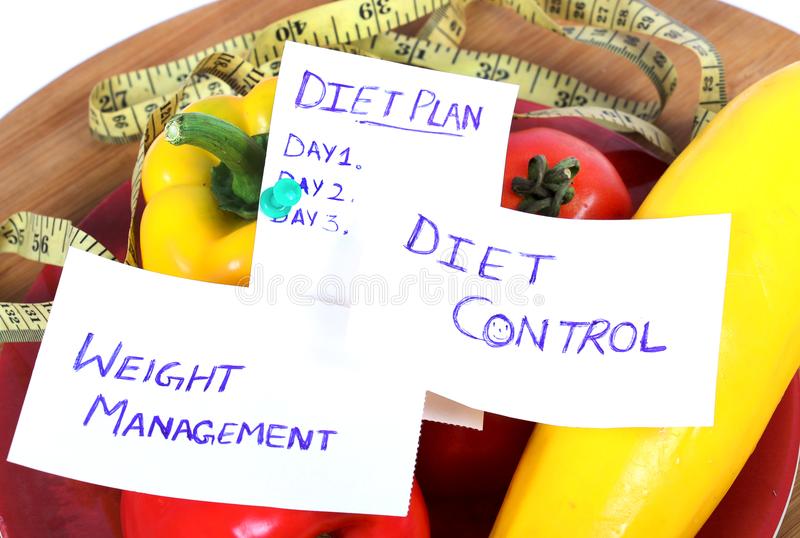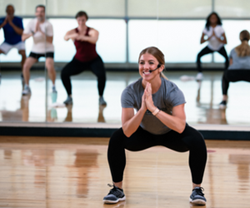
Urinary problems are one of many health issues that elderly people face. Incontinence can be a frustrating and embarrassing condition. It can also negatively impact the quality of senior citizens' lives and their overall health. There are several ways to manage urinary incontinence at the home. These can include minor changes or support from an eldercare provider.
Incontinence can be an inevitable part of aging. However, it can have a negative effect on the health of the elderly. Incontinent people should be treated with dignity and respect. This is especially important for those with dementia.
There are many reasons for urinary incontinence. These include overactive bladder and problems with the prostate gland. Identifying the cause of incontinence is the first step toward effective treatment. A doctor's consultation is usually necessary in order to diagnose the problem. The doctor will perform a physical exam, and ask about any symptoms. The doctor may also ask about any medications or recent surgeries. If incontinence occurs due to an underlying condition the doctor may recommend a course for treatment.

A doctor might also request medical tests, such as a urine and blood test. These tests will confirm the diagnosis of the cause. It is important that the patient keeps a log of all symptoms and times of urination every day. This will allow the doctor to track the progress of the incontinence.
A portable commode can be used in the patient's bedroom by caregivers if the patient is unable or unwilling to use the bathroom. It is possible that the patient may not remember where the bathroom is, or they might not be able tell you when they need it. Reminders to use the toilet are helpful for some dementia patients. Keeping the door open and watching for non-verbal cues are good ways to keep the person on track.
If the person refuses to wear pull-ups underwear, it's important to tell them about the many benefits of wearing them. You should also offer them samples to help you choose the right fit. The person will feel more comfortable wearing pull-ups underwear, which will make them more likely to wear them.
An incontinence care plan can include simple lifestyle changes, such as drinking more liquids and eating more fruits and vegetables. The bladder may be irritated by alcohol, sweeteners, caffeine and sweeteners. It is important that the person not go to the bathroom for too long after urinating. It's a smart idea to give senior citizens protective undergarments that will help preserve their dignity.

Caregivers must not only give the senior the proper care but they also need to be patient with them and show respect. It is better to not scold patients if they have an accident. It is important to be aware of non-verbal signals that could indicate that the patient needs to go to the toilet.
FAQ
How do I determine what's good?
You need to listen to your body. When it comes to your body's needs for exercise, food, or rest, it is the best. Your body will tell you what to do so that you don't go overboard. Take care of yourself and listen to your body.
What are 10 healthy behaviors?
-
Every day, eat breakfast.
-
Don't skip meals.
-
Eat a balanced, healthy diet.
-
Get lots of water.
-
Take care of your body.
-
Get enough sleep.
-
Avoid junk foods.
-
Do some exercise every day.
-
Have fun!
-
Meet new people.
How can my blood pressure be controlled?
The first thing you need to do is find out what causes high blood pressure. Next, take steps that will reduce the risk. This could include eating less salt, losing weight if necessary, taking medication, etc.
Also, make sure to get enough exercise. If you don't have time for regular exercise, then try walking as often as possible.
You should join a gym if you are unhappy with your exercise routine. You will probably join a gym that is open to other people with similar goals. It's easier to stick to an exercise routine when you know someone else is going to see you at the gym.
Exercise: Good or Bad for Immunity?
Exercise is good for your immune system. Exercise boosts the production of white blood cells in your body that fight infections. You also eliminate toxins. Exercise can help prevent heart disease and cancer. Exercise can help reduce stress.
Exercising too frequently can make your immune system weaker. Exercising too hard can make your muscles sore. This can lead to inflammation and swelling. To fight infection, your body will produce more antibodies. This can lead to allergic reactions and other autoimmune disorders.
So, don't overdo it!
What are the 7 keys to a healthy, happy life?
-
Make sure you eat right
-
Exercise regularly
-
Rest well
-
Get plenty of water.
-
Get adequate sleep
-
Be happy
-
Smile often
What should I eat?
Take in lots of fruits and veggies. They contain vitamins and minerals which help keep your immune system strong. They are also rich in fiber, which is good for digestion and makes fruits and vegetables filling. Try to include at least five servings of fruit and veg per day.
Get plenty of water. Water flushes toxins from your body and helps you feel full between meals. Drink about eight glasses each day.
Whole grains are better than refined grains. Whole grains have all the nutrients they need, including B vitamins. Some nutrients have been removed from refined grains.
Avoid sugary drinks. Sugary drinks are loaded with empty calories and contribute to obesity. Instead, you can opt for water or milk, as well as unsweetened herbal teas.
Avoid fast food. Fast food has very little nutritional value. Fast food may be delicious, but it will not give you the energy that you need to perform your tasks properly. Instead, stick to healthier options like soups and sandwiches, pasta, and salads.
Limit alcohol consumption. You should limit your alcohol intake as it contains empty calories and can lead to poor nutrition. Limit the amount of alcohol you consume in a given week to no more than 2 alcoholic beverages.
Red meat consumption should be reduced. Red meats contain high amounts of saturated fat and cholesterol. Instead, choose lean cuts of beef and pork, lamb, chicken or fish.
What's the best diet?
The best diet for you depends on several factors, like your age, gender, weight, health conditions, and lifestyle habits. It is also important to think about how much energy you use during exercise and whether you like low-calorie foods.
Intermittent fasting may be a good choice if you want to lose weight. Intermittent fasting is a way to eat only certain meals during the day instead of three large meals. You may find that this method works better for you than traditional diets that include daily calorie counts.
Some studies have suggested that intermittent fasting might improve insulin sensitivity. It may also reduce inflammation. This can lead to a reduction in blood sugar levels, and less risk of developing type 2 diabetes. Some research also suggests that intermittent fasting might promote fat loss, and improve overall body composition.
Statistics
- WHO recommends reducing saturated fats to less than 10% of total energy intake; reducing trans-fats to less than 1% of total energy intake; and replacing both saturated fats and trans-fats to unsaturated fats. (who.int)
- The Dietary Guidelines for Americans recommend keeping added sugar intake below 10% of your daily calorie intake, while the World Health Organization recommends slashing added sugars to 5% or less of your daily calories for optimal health (59Trusted (healthline.com)
- Extra virgin olive oil may benefit heart health, as people who consume it have a lower risk for dying from heart attacks and strokes according to some evidence (57Trusted Source (healthline.com)
- According to the 2020 Dietary Guidelines for Americans, a balanced diet high in fruits and vegetables, lean protein, low-fat dairy and whole grains is needed for optimal energy. (mayoclinichealthsystem.org)
External Links
How To
How to live a healthy lifestyle
A healthy lifestyle is one where you are able to maintain your weight, your health and your fitness level. It's a way of living that includes eating well, exercising regularly, getting enough sleep and avoiding harmful substances such as alcohol, caffeine, tobacco, drugs, and so on. Healthy lifestyles help you to feel great about yourself, stay active, and be healthy. In addition, a healthy lifestyle reduces your risk of chronic diseases like heart disease, stroke, diabetes, cancer, osteoporosis, arthritis and many others.
The goal of this project is to give a step-by–step guide on how you can live a more healthy life. The introduction is the first part of this project. This explains why healthy living should be encouraged and who it is. I then wrote the body paragraphs. They contain various tips for how to maintain a healthy lifestyle. Finally, I wrote my conclusion. It summarizes the entire article and gives additional resources if required.
This assignment taught me how to write a concise paragraph. Also, I learned how to organize my ideas into topic sentences and supporting details. Additionally, I learned how to organize my ideas into topic sentences and supporting details. Finally, I learned proper grammar and writing skills.